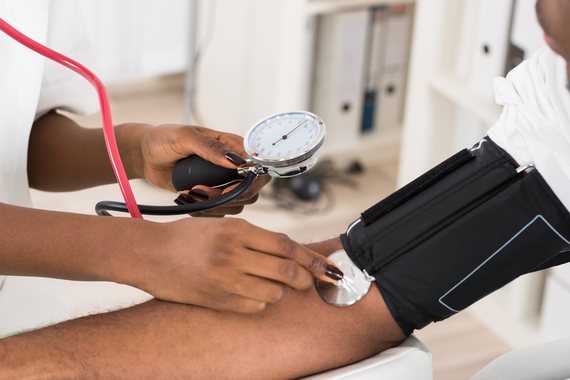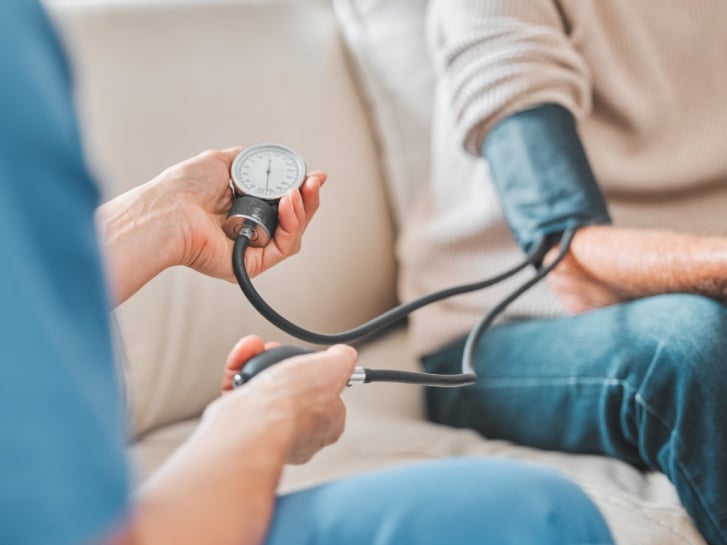How can a heart condition affect my sex life?
In most cases, sexual problems are caused by the heart or circulatory condition itself. Or by worries and anxieties relating to it.
Some people find they are unable to get an erection or to keep one long enough to have sex. This is called impotence or erectile dysfunction, which can sometimes be a side effect of your medication.
If you have a heart or circulatory condition, you may experience the following symptoms:
- loss of sex drive
- impotence or erectile dysfunction
- vaginal dryness
- difficulty reaching orgasm.
Why am I experiencing a loss of sex drive?
A loss of sex drive, or impotence, can affect anyone. It is a common problem and may be a side effect of your medication. Anxiety can also have a huge impact on your sex drive and your ability to orgasm.
Your GP, nurse or cardiac rehab nurse will be understanding and can offer you support. They talk to people all the time about sex. It may feel embarrassing or uncomfortable to ask questions, but many people feel much better once they do.
If you are worried about side effects of the medication you’re taking, speak to your GP or pharmacist to see if they can change or reduce your dose.
Or you could get in touch with our expert cardiac nurses through our Heart Helpline, which is open Monday to Friday, 9am to 5pm.
How soon can I start having sex again?
Whether you have angina or are recovering from a heart attack or heart surgery, you should be able to continue having sex as soon as you feel well enough – usually around two to eight weeks, depending on your condition and how quickly you recover.
If you’ve had surgery it might take longer. Find a position that works for you and doesn’t put too much strain on your wound. It might be helpful to place a small, smooth cushion against your wound between you and your partner if your wound is healing well.
Sex is just another form of physical activity. You should be fine to have sex if you can walk a mile on the flat in about 20 minutes or climb two flights of stairs comfortably.
How can I reduce my anxiety about having sex?
There are lots of things that you can do to reduce your anxiety about sex, such as:
- finding new approaches to being intimate, such as having a cuddle and pleasuring each other. You can still be sexually intimate without having sexual intercourse
- changing the time when you have sex, such as in daylight hours when you’re less tired
- keeping the room and bed at a comfortable temperature
- choosing a relaxing atmosphere.
When you are ready to start having sex again, think about the following:
- avoid having sex after a heavy meal as there is a risk of indigestion after eating which can mimic chest pain. This may cause you to feel lightheaded or dizzy during digestion
- avoid too much alcohol before sex as it could make you lightheaded and can increase the risk of arrhythmias
- find a comfortable position that works for you
- ask your partner to take a more active role if they can
- if you have a GTN spray or tablets, keep them where you can reach them just in case you need them.
The Sexual Advice Association has created the SMART SAA app. Giving you information and advice on what you can do if you have any type of sexual problem or concerns. You can use the app yourself or with your partner. Download it via the App Store or Google Play.
If you want to speak to a specialist doctor or therapist you can try:
- Institute of Psychosexual Medicine – provides both private and NHS doctors specialising in sexual health across the UK. Although be aware that for an NHS consultation you will probably need to be referred by your GP.
- College of Sexual and Relationship Therapists – provides private consultations across the UK. You can search by location for a therapist.
- If you decide to have a private consultation, be aware that fees can vary. It’s worth ringing around to make sure you find someone you like, and that the timing of the appointment works for you (consultations over Skype and telephone are often available). The outcome is usually better if you go as a couple.
Related content:






